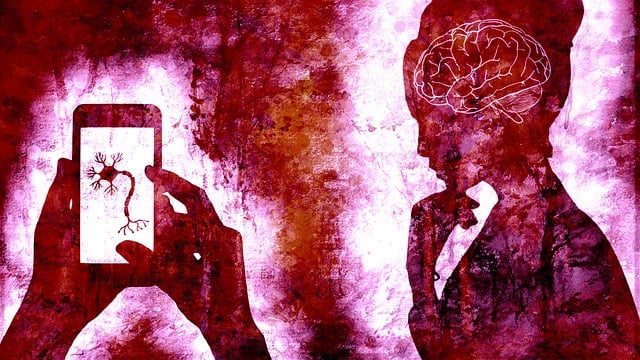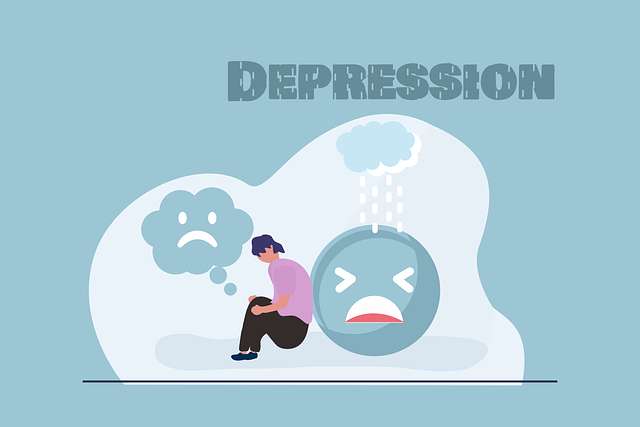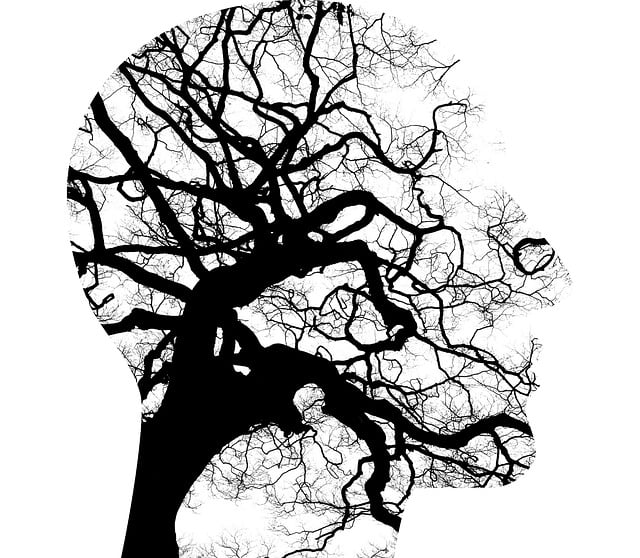Lone Tree Suicide Prevention Therapy offers personalized, tailored suicide prevention strategies for diverse populations. Through comprehensive assessments and one-on-one sessions, this innovative model fosters hope, self-belief, and resilience in teens, young adults, and seniors facing emotional distress. By leveraging digital platforms, community engagement, and cultural sensitivity, Lone Tree Therapy transforms mental health care globally, breaking down stigma, empowering individuals with coping skills, and significantly improving well-being outcomes worldwide.
Mental health advocacy plays a pivotal role in building resilient communities. This article explores various facets of mental well-being, focusing on innovative approaches like Lone Tree Suicide Prevention Therapy. We delve into the profound impact of advocacy initiatives on at-risk populations and provide practical strategies for awareness campaigns.
Additionally, we examine global success stories, highlighting how creative programs are transforming lives and fostering open conversations about critical issues such as suicide prevention.
- Understanding Lone Tree Suicide Prevention Therapy: A Unique Approach
- The Impact of Mental Health Advocacy Initiatives on At-Risk Communities
- Strategies for Effective Mental Health Awareness Campaigns
- Overcoming Stigma: Encouraging Open Conversations About Suicide Prevention
- Global Success Stories: Innovative Programs Making a Difference
Understanding Lone Tree Suicide Prevention Therapy: A Unique Approach

Lone Tree Suicide Prevention Therapy offers a unique and innovative approach to addressing mental health concerns, particularly focusing on suicide prevention within communities. This therapy model recognizes that individuals facing suicidal ideation or emotional distress often benefit from personalized support tailored to their specific needs. By providing one-on-one sessions, the therapy aims to develop coping skills and enhance mental wellness. The process involves a comprehensive assessment to understand the individual’s unique challenges and strengths, allowing for customized strategies to boost confidence and promote resilience.
The program’s key strength lies in its adaptability, catering to diverse populations. Whether it’s teenagers struggling with peer pressure, young adults navigating career transitions, or seniors dealing with loneliness, the therapy provides a safe space to explore emotions and develop effective coping mechanisms. Through this tailored approach, Lone Tree Suicide Prevention Therapy strives to empower individuals to take charge of their mental wellness, fostering a sense of hope and self-belief that can be life-changing.
The Impact of Mental Health Advocacy Initiatives on At-Risk Communities

Mental health advocacy initiatives play a pivotal role in uplifting at-risk communities, offering a beacon of hope and support where it’s needed most. These programs, often led by passionate individuals and organizations, focus on raising awareness about mental health issues, breaking down stigmas, and promoting early intervention. By implementing strategies like Lone Tree Suicide Prevention Therapy, which provides specialized care tailored to unique community needs, advocates create safe spaces for open conversations about depression prevention and positive thinking.
Such initiatives foster a culture of resilience and self-care practices within these communities. They empower individuals to recognize their mental health challenges, seek help without fear of judgment, and develop coping mechanisms to navigate life’s complexities. Through education, peer support, and accessible resources, these advocacy efforts can significantly reduce the impact of mental health disorders, ultimately leading to happier, healthier, and more connected communities.
Strategies for Effective Mental Health Awareness Campaigns

Mental health awareness campaigns play a pivotal role in breaking down societal barriers and fostering open conversations about emotional well-being. For such initiatives to be effective, a multi-faceted approach is essential. One key strategy involves leveraging various media platforms to reach diverse audiences. This includes creating engaging content for social media, collaborating with influencers who can share their personal experiences, and producing compelling Mental Wellness Podcast Series that offer educational insights and support.
Additionally, incorporating empathy building strategies within these campaigns is vital. Encouraging community conversations, offering online support groups, and promoting open dialogues about mental health struggles can help reduce stigma. Lone Tree Suicide Prevention Therapy serves as a beacon of hope for many, demonstrating the power of proactive Emotional Well-being Promotion Techniques. By combining creative production methods with genuine empathy, these initiatives can significantly impact lives, fostering a more understanding and supportive society.
Overcoming Stigma: Encouraging Open Conversations About Suicide Prevention

Overcoming the stigma surrounding mental health, particularly when it comes to suicide prevention, is a critical step in creating a more supportive society. This involves encouraging open and honest conversations about an often-taboo topic. By breaking down barriers, we can ensure that individuals struggling with suicidal thoughts or grief find the help they need without fear of judgment.
Lone Tree Suicide Prevention Therapy plays a vital role in this initiative by fostering cultural sensitivity within mental healthcare practices. Through compassion cultivation practices and stress reduction methods, therapists create safe spaces for clients to express their feelings and explore alternative perspectives. This approach not only aids in suicide prevention but also promotes overall well-being by addressing the root causes of distress, ensuring that individuals develop healthy coping mechanisms and build resilience.
Global Success Stories: Innovative Programs Making a Difference

In many parts of the world, innovative mental health advocacy initiatives are making significant strides in improving access to care and fostering communities that prioritize emotional well-being. One standout example is Lone Tree Suicide Prevention Therapy, a program that combines traditional therapy with digital platforms to reach individuals in remote areas, ensuring no one is left behind in the pursuit of mental health support. This initiative has been instrumental in promoting Mental Health Awareness, demonstrating that even in the most isolated communities, quality care can be provided through creative and inclusive solutions.
These global success stories underscore the power of community engagement and technology in enhancing Emotional Healing Processes. By integrating Stress Reduction Methods into their programs, these initiatives not only address immediate crises but also equip individuals with coping mechanisms to navigate life’s challenges. The impact has been profound, leading to reduced suicide rates, improved mental health outcomes, and stronger social bonds within communities worldwide.
Mental health advocacy initiatives, such as Lone Tree Suicide Prevention Therapy and global success stories highlighted throughout this article, demonstrate that understanding and addressing mental health issues require diverse strategies. By combining unique therapeutic approaches, targeted community support, effective awareness campaigns, and stigma reduction efforts, we can significantly impact at-risk populations. Remember that every conversation, program, and initiative contributes to a more supportive and resilient society where mental well-being is prioritized and suicide prevention becomes a collective success story.












